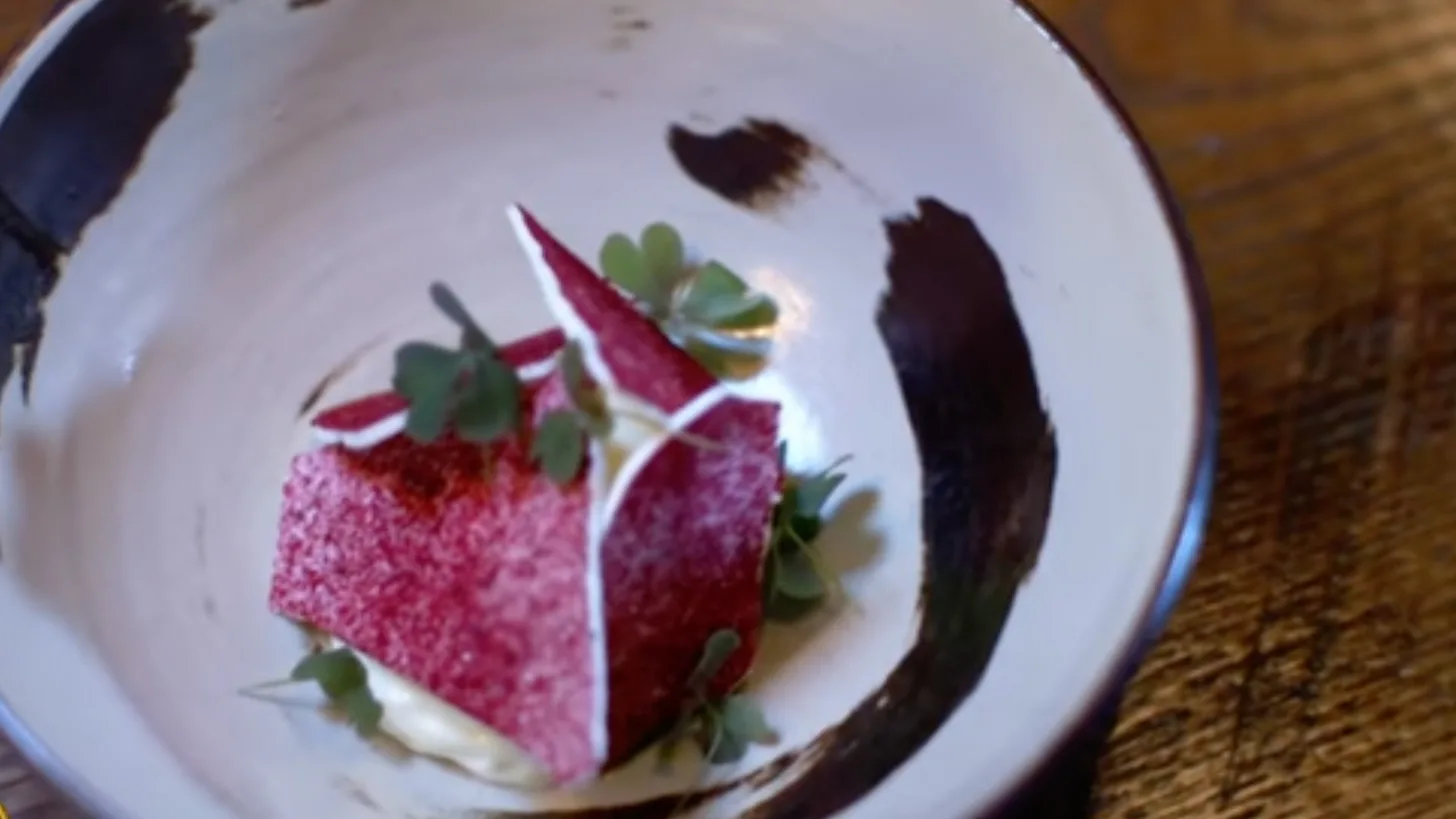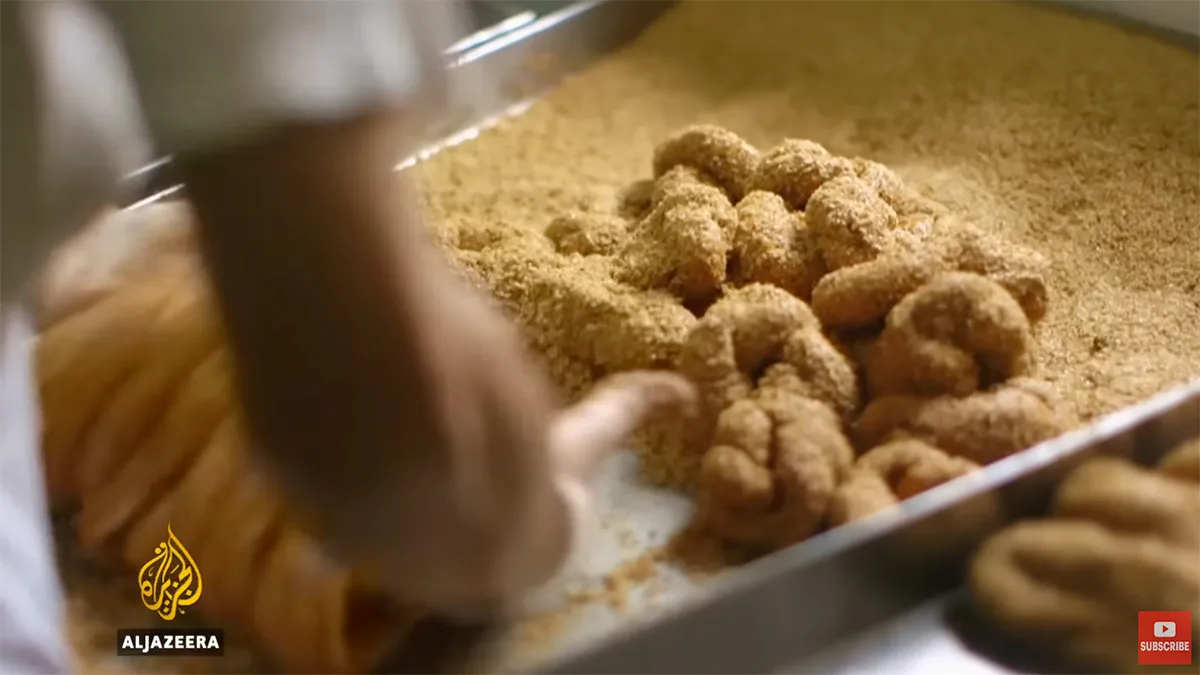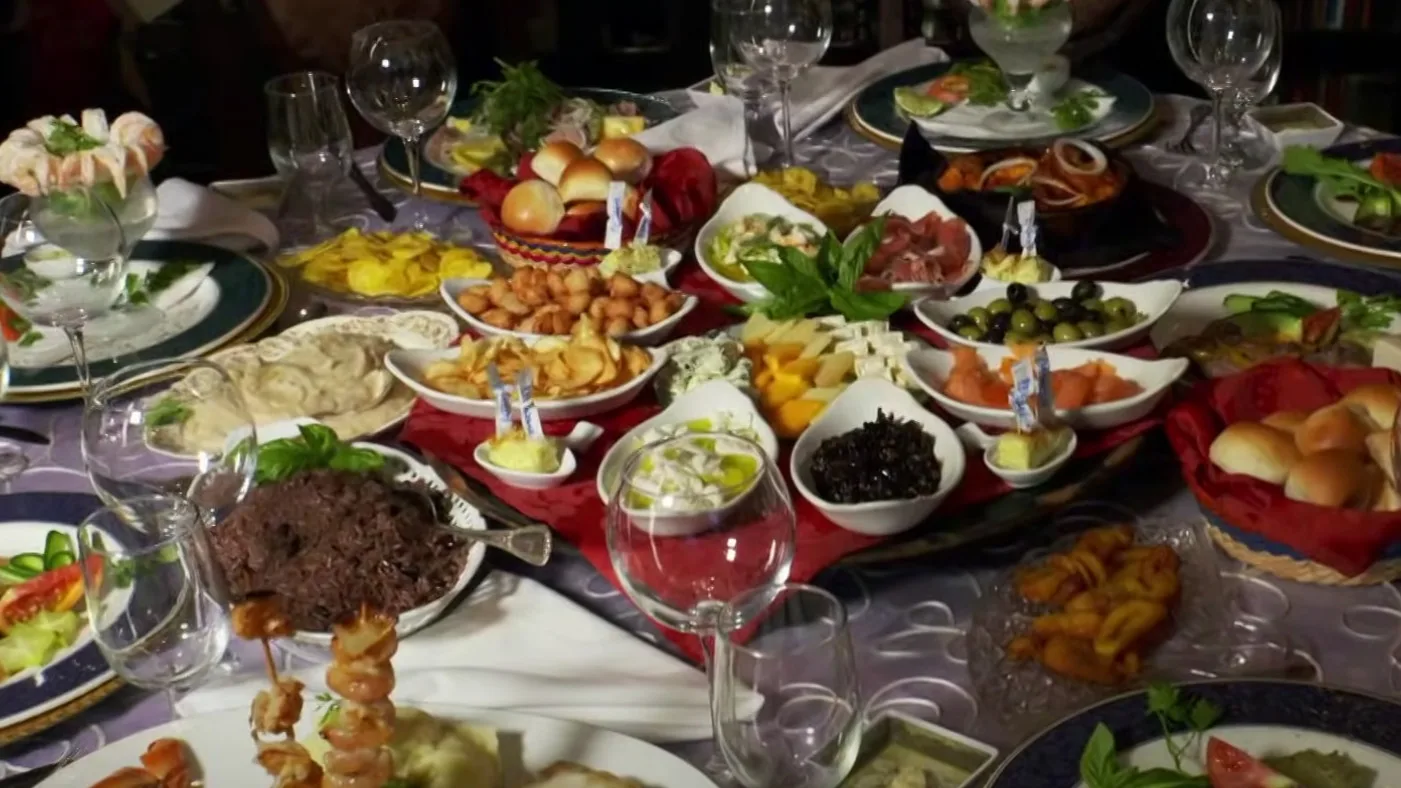Turkish cuisine was once described to me as the original fusion food. It instantly made sense.
How often do we hear that Turkey’s commercial hub, Istanbul, is the only city occupying two continents, the point where Europe and Asia embrace. It would follow, then, that their culinary influences would be prevalent in Turkey.
Indeed, geography plays a role. The original settlers were nomadic Turkic tribes who left the steppes between the Ural and Altay mountains, migrating towards Central Asia, the Balkans, and finally Anatolia. They brought the elements and practices they picked up along the way, including the food.
But there’s a much deeper story. Istanbul was also the seat of not one but four empires. It was during the 600-year reign of the Ottomans that Turkish cuisine as we know it began to crystallise. The sultans were quite simply obsessed with food. Archives dating back to the 15th century detail with great accuracy the kind of feasts served to the royal family, the court, and dignitaries from across the land.
Visiting the imperial kitchen at Topkapi Palace can be bewildering for any food lover. The sheer size of the industrial-sized chimney stacks is an indication of how much activity took place. Cooks from across the empire vied to get in, hoping to catch the attention of the sultan through their cooking.
It was this spirit of competition and creativity that gave birth to thousands of dishes, such as hunkar begendi (stewed lamb with eggplant puree) and mahmudiye (chicken with dried fruit), and propelled Turkish cuisine to be classed as one of the world’s three grand cuisines, alongside French and Chinese, a distinction based solely on variety.
Today, it’s the youth determining Turkey’s gastronomic future. I dined with Korhan Karakoyun, a licensed guide who went through rigorous tests on his country’s history and now conducts food tours, where he introduces visitors to traditional Turkish dishes and those preparing them in the old ways. I got to cook with the popular TV chef Refika Birgul, who has made a name for herself adapting ancient recipes to suit modern lifestyles. And I met the Demirhan brothers, entrepreneurs tapping into the growing demand for home-cooked flavours delivered to the doorstep.
All of them are part of a generation not only defining themselves through food but also furiously trying to keep traditions of the Turkish kitchen alive.



